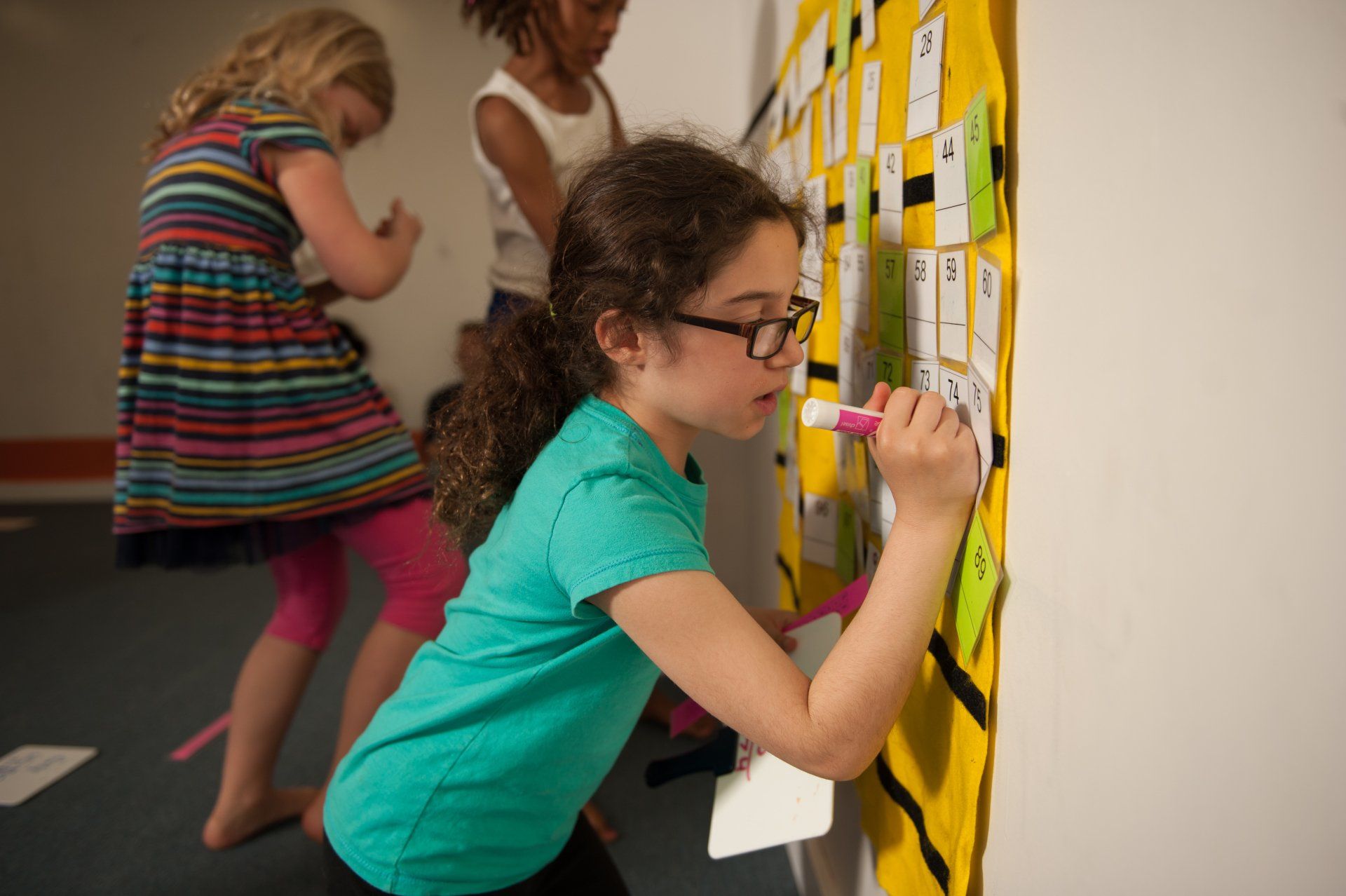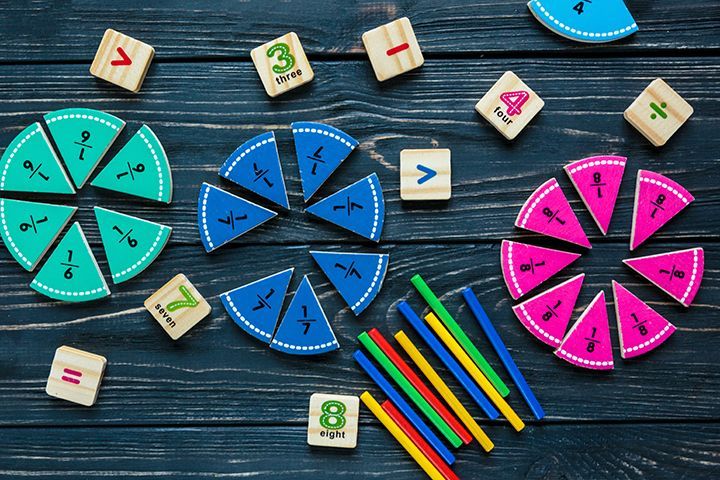by Angela McIver, PhD
I often ask these students to describe what’s going on in their head when they are struggling with a math problem. I interview students who struggle in math. The students I interview range in age from elementary and middle school to adult learners in job training programs. I give students simple elementary math problems and ask them to explain how they would solve them. While these interviews have fundamentally changed the way I think about how we should teach math to struggling students, my biggest “aha” moment didn’t come from the interviews, but from a day of volunteering in my youngest daughter’s kindergarten class many years ago.

My daughter’s kindergarten teacher, Ms. Silver, was a tiny woman with an enormous enthusiasm for her craft. One day, during a volunteer shift in her class, I had an opportunity to sit in the back of the room and listen to her teach a class of captivated children. She was engaging these students in a conversation about schema. After reading the students a story, she asked them to think about their own schema and then share with the class. A lively conversation ensued and I was left with the question “What is schema”?
Back home, a quick Google search revealed that schema is a theory of reading comprehension suggesting that in order for children to be successful readers, they must bring some prior knowledge to the experience. This prior knowledge helps a student better understand what they are reading. According to schema theory, the more prior knowledge a student has, the better their reading comprehension. It was in that moment I realized that what my struggling math students needed was a schema.
For several years, I’ve been trying to articulate something that I believe is missing from the students whose thinking I’m trying to understand. The best way I can describe it is an inability to imagine… an inability to connect with something “in their head”. I often ask these students to describe what’s going on in their head when they are struggling with a math problem. And, most often, these students are unable to draw upon any images to help them make sense of the math. I now believe it is because they are not being given opportunities to develop a schema. Often schools cut enrichment classes, athletics and field trips to focus on more math instruction. But, I believe the elimination of these activities is contributing to their math illiteracy.
Once, when I was interviewing a middle school student about his math understanding, it became very clear that he understood deeply, the concepts of area and perimeter. I asked him to describe what images he was using to help him solve the problems I posed, and he spoke about helping his father in his native Guyana, make bricks out of mud to build houses.
Once, while conducting a professional development with a group of teachers who were complaining about their students’ lack of number sense, one teacher spoke up and said, “I have two girls in my class who run track and they are the only students who have very good number sense.” This teacher went on to explain how these girls used their race times (measured to the hundredth of a second) to make sense of a lesson on comparing and ordering decimals. Now those girls have a schema!
The use of a schema needs to be taught in elementary math classes as explicitly as it was taught to my daughter and her classmates in reading. But more importantly, struggling students (especially students from low-resource schools with whom I am most familiar) need opportunities to develop their schema through enrichment activities that are a given for children from more privileged backgrounds. I am not arguing that if students take art or music or play on a sports team their test scores will improve. I am arguing that if students have opportunities to develop their musical, artistic, or athletic side they are also creating prior knowledge that teachers can draw upon to help them become fearless, confident math learners.
#mathlearning #elementarymath #dinnertablemath #urbanschools #lowincomestudents










